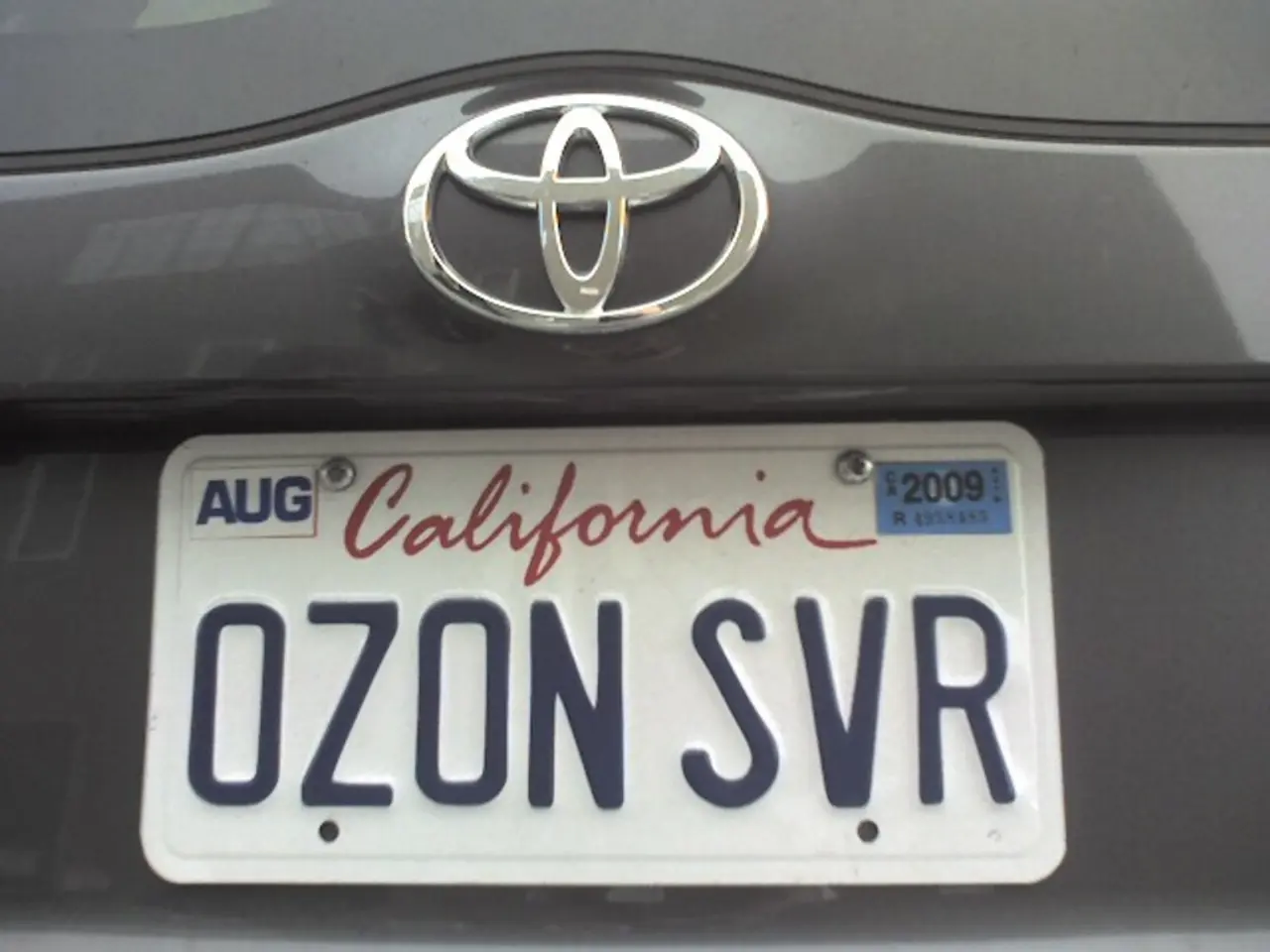Impact of Automobile Leasing on Credit Ratings
Leasing a car can be an attractive option for those seeking lower monthly payments compared to buying a vehicle outright. But what impact does this choice have on your credit score? Here's a breakdown of how leasing a car can affect your financial standing.
Firstly, timely monthly payments on a car lease can help boost your credit score over time. Making on-time lease payments builds a positive payment record, which is the most significant factor in credit scoring. Conversely, missing payments can seriously harm your credit score.
Leasing a car also contributes to your credit mix, a factor that lenders consider when determining your credit score. Credit mix refers to the variety of credit accounts you have, such as installment loans (like a car lease) and revolving credit (like credit cards). By adding an installment loan to your credit profile, you can potentially improve your score if you already have revolving credit.
However, leasing a car involves a specific period loan from the leasing company, with the lease reflected as a form of debt on your credit report. If you pay your lease with a credit card, a large monthly payment can increase your credit utilization ratio, potentially lowering your credit score. Direct bank transfers are often preferable to avoid this issue.
Leasing a car can also contribute to your credit history by adding a new layer to your credit profile. A well-managed car lease can help lengthen your credit history, another critical factor in determining your credit score.
It's important to note that leasing a car can have secondary effects on your credit score, such as variations in credit mix, the age of your credit accounts, and lenders' perception of your creditworthiness. Late or missed payments on a car lease can have a detrimental effect on your credit score.
In terms of comparison with other types of car finance, leasing (Personal Contract Hire, PCH), Personal Contract Purchase (PCP), and Hire Purchase (HP) all involve regular monthly payments that lenders typically report to credit agencies. The main credit factors affected are payment history, credit mix, and credit utilization.
Leasing (PCH) tends to have the lowest monthly cost but no ownership, while PCP and HP offer ownership with differing payment structures and flexibility. If you want lower monthly payments and don't care about owning the car, leasing (PCH) may be better. However, if owning the car matters, PCP or HP are preferable since they include the option or automatic ownership respectively.
In conclusion, leasing a car can positively impact your credit score when payments are made on time, just like PCP and HP. Regularly checking your credit report is essential to ensure all lease-related entries are accurate, as mistakes can damage your credit score. Financing a car purchase also results in a temporary credit score dip due to the initial hard credit inquiry, and timely monthly payments can improve your credit score.
Making timely car lease payments can help enhance your credit score over time, as they build a positive payment record, which is crucial for credit scoring. Additionally, leasing a car contributes to your credit mix, positively impacting your credit score when you already have various credit accounts like credit cards.




